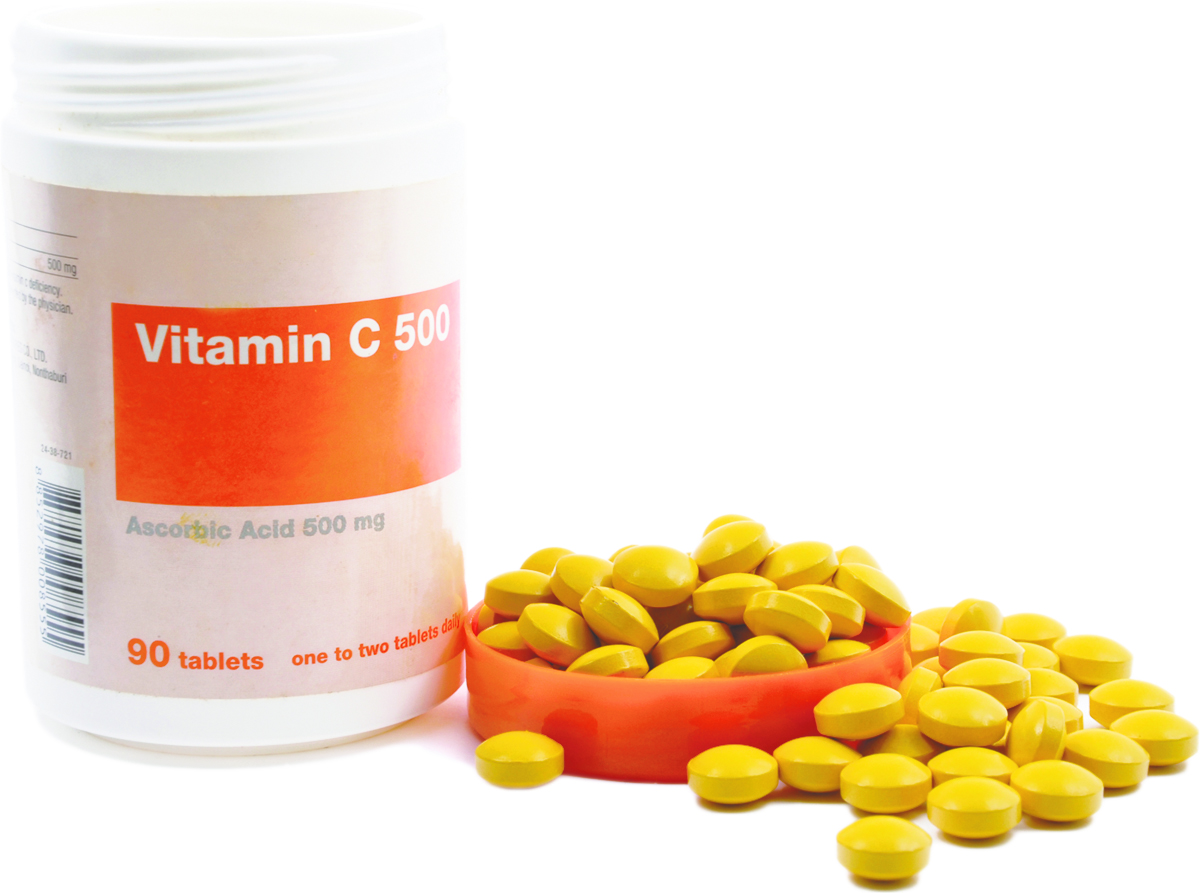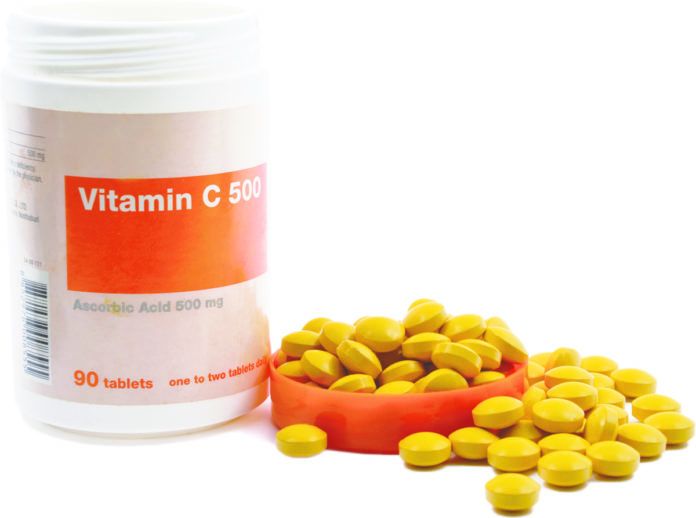Some people assume that, since vitamins from your diet are important for your health, taking even more vitamins in pill form must be even better for you. But thats not necessarily the case-and the Institute of Medicine has even set upper limits for many vitamins and minerals, beyond which you may be jeopardizing your health instead of improving it.

The latest example of how too much of a good thing might have negative consequences comes from a Swedish study of vitamin C supplements and risk of kidney stones in men. Researchers found that those who took extra vitamin C were almost twice as likely to develop the painful stones, with the risk greatest among men taking the pills more than once a day. Although the study was unable to quantify the doses involved, the typical vitamin C supplement in Sweden contains 1,000 milligrams per tablet.
While clearly a study like this may have biases, such that individuals taking vitamin C may inherently be different than those not taking vitamin C, the results of this study suggest that vitamin C supplementation may not be benign, says Daniel E. Weiner, MD, assistant professor of medicine at Tufts and deputy editor of the American Journal of Kidney Diseases. This is particularly true given that there was a dose effect, with men who took more vitamin C having a higher risk of developing kidney stones.
EXTRA VITAMIN C, EXTRA RISK: In the new study, published in JAMA Internal Medicine, Agneta kesson, PhD, and colleagues from the Karolinska Institute looked at data on 23,355 participants in the Cohort of Swedish Men study, average age 59. Researchers identified 436 new cases of kidney stones. After adjusting for other factors including BMI and dietary vitamin C, men who reported taking vitamin C supplements were at 92% greater risk of developing kidney stones than those not using the vitamin pills. Those taking more than seven vitamin C supplements per week were at 123% greater risk.
The findings make sense, because your body may turn excess vitamin C (ascorbic acid) into oxalate. The most common type of kidney stones are calcium-oxalate stones, and people at risk for these stones are advised to limit foods containing oxalate. The role of vitamin C in boosting oxalate levels and kidney-stone risk has been controversial, however.
RISK VS. (NO) REWARD: The researchers cautioned that their findings apply only to men, who are at greater risk than women for kidney stones. And they noted that the study could not prove that excess vitamin C causes kidney stones.
In an accompanying editorial, Robert H. Fletcher, MD, of Harvard Medical School traced the disappointing history of hoped-for benefits of high-dose vitamin C supplementation. Evidence has mostly been negative for high doses of vitamin C against not only the common cold but also cardiovascular disease and cancer. Whatever the excess risk of kidney stones might be, Dr. Fletcher wrote, Is any additional risk worthwhile if high-dose ascorbic acid is not effective?
Adds Tufts Dr. Weiner, Given prior data from a large study conducted in male health professionals in the US that showed very similar results, as well as a well-defined mechanism by which vitamin C may lead to kidney stones, it seems safe to say that vitamin C, particularly in high doses, may not be an entirely benign therapy.
























